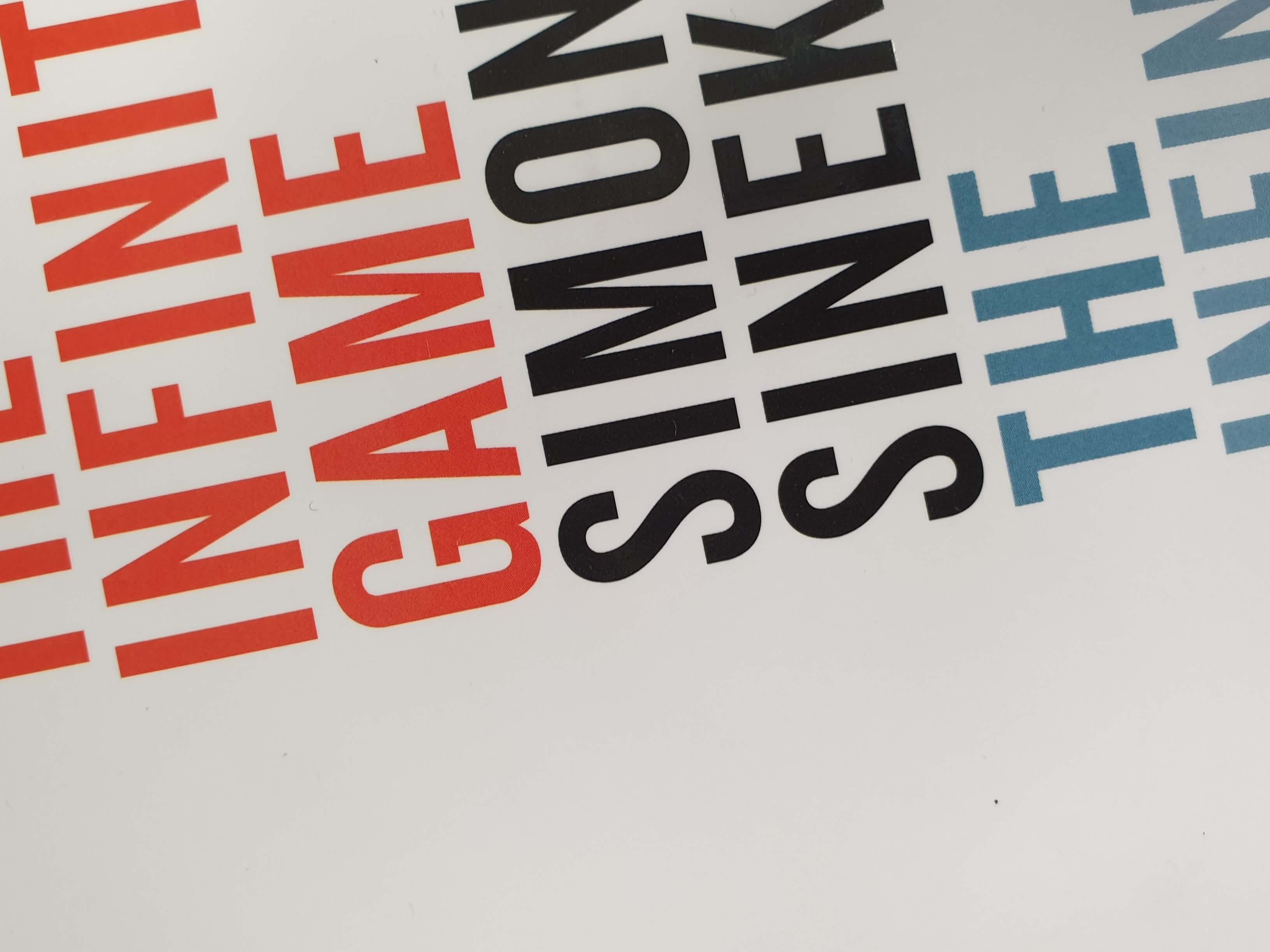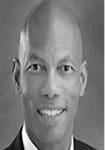This book is a superb follow up to Leaders Eat Last which you’ll find on our recommended reading list on the website, please feel free to check it out.
Anyway, back to the book in question. According to Sinek himself it’s surprising that this new book of his even exists given the stupendous amount of examples of infinite mindsets existing – great societies, scientific and medical advances, and the exploration of space to name just a few. All of these required large groups of people to come together not for a finite thing such as an annual monetary profit but for something bigger than ourselves, a Just Cause.
“In any other game, we get two choices. Though we do not get to choose the rules of the game, we do get to choose if we want to play and we get to choose how we want to play”.
The problem with human beings is that we seem pre-determined to seek out immediate solutions to problems and prioritise quick wins to fulfil ambition over longer term gains. The default finite mindset in business often results in knee jerk reactions to bad financial news, such as mass layoffs, survival based cultures, subservience to the shareholder rather than the needs of the employees and customers, dishonest and unethical business practices, the reward of high-performing but toxic leaders whilst turning a blind eye to the damage they cause. All of this according to Sinek ‘contributes to a transactional and impersonal approach to business but he says it doesn’t have to be this way.
“The only choice we get is if we want to play with a finite mindset or an infinite mindset”.
The default needs to change but it’s not easy and this book as Sinek himself says himself does not set out to change the minds of those who defend the status quo with their finite mindset, it is instead a rallying call for those who are ready to challenge that status quo and replace it with a reality that is vastly more conducive to our deep-seated human need to feel safe, to contribute to something bigger than ourselves, and to provide for ourselves and our families.’
This is why this book exists.
It’s probably worth listing the chapters:
Finite and Infinite Games
Just Cause
Cause and No Cause
Keeper of the Cause
The Responsibility of Business
Will and Resources
Trusting Teams
Ethnical Fading
Worthy Rival
Existential Flexibility
The Courage to Lead
True to form, as in other books from Sinek, there’s a lot of real world anecdotal evidence based around companies that have had disasters because they were mostly led by people with a finite mindset versus those successful leaders with an infinite mindset because if which they changed their company’s path (and there are some old favourites in there such as Apple v Microsoft, or Kodak). There’s a sprinkling of military anecdotes as well which always gives a solid nod to the commonsense approach in Sinek’s books but what I liked most about this particular book is its position on where the finite mindset in the modern business world has arrived from.
Sinek draws attention to Adam Smith’s seminal work, The Wealth of Nations, being usurped in the 1970s by an article written by the Nobel prize winning economist Milton Friedman. You see, Adam Smith recognised the power of the consumer but also realised that humans had a predilection for self-interest (he termed it the Invisible Hand), so a butcher would only sell the finest cut of meat to get the sale which by default grew his business more than a butcher who sold lesser quality cuts, and likewise the baker and the brewer, but ultimately this was acceptable because the consumer benefited probably the most, and this holds true in a balanced system. What Smith hadn’t reckoned for was a time where entire groups of outside investors could exert massive pressure on a butcher, baker or brewer to use cheaper ingredients to cut costs with the sole purpose of maximising the investors returns, which is where Friedman comes into the story.
Forgive me a little, if I paraphrase Sinek here. In his seminal work, Friedman, laid out the theory for shareholder primacy that is at the heart of so much finite business today. Friedman wrote,
“In a free-enterprise, private property system, a corporate executive is an employee of the owners of the business. He has direct responsibility to his employers. That responsibility is to conduct the business in accordance with their desires, which generally will be to make as much money as possible while conforming to the basic rules of the society, both those embodied in law and those embodied in the ethical custom”.
According to Sinek, this means that the sole purpose of business is to make money and that money belongs to the shareholders. Sinek uses the analogy that shareholders don’t own the car they’re just renting it and when it starts to slow down they dump it and move on. Therefore, they can never be truly engaged with a company in the long-term because their finite mindset is looking for the end, their out, and it’s this that destroys the infinite mindset which ultimately drags a company down leaving the employees and the local community to deal with any fallout.
We get taught a lot at business schools, conferences, online tutorials, and from our countless books about business but have we ever stopped to think about what was before? Could we get back to an infinitely minded business world centred around the consumer that Adam Smith wrote about, or are we I wonder so far down the ‘shareholder primacy’ path that we accept the finite mindsets presented to us today as the norm?
The jury will be out for some time I think, but I’ll leave you with perhaps the most powerful quote from, The Infinite Game.
Sinek quotes Larry Fink the founder, Chairman and CEO of Blackrock Inc, one of the largest if not the largest money management firm in the world. In 2018 Fink wrote an open letter to the CEOs of America,
“Without a sense of purpose, no company, either public or private, can achieve its full potential. It will eventually lose the licence to operate from key stakeholders. It will succumb to short-term pressures to distribute earnings, and, in the process sacrifice investments in employee development, innovation, and capital expenditures that are necessary for long-term growth”.




































